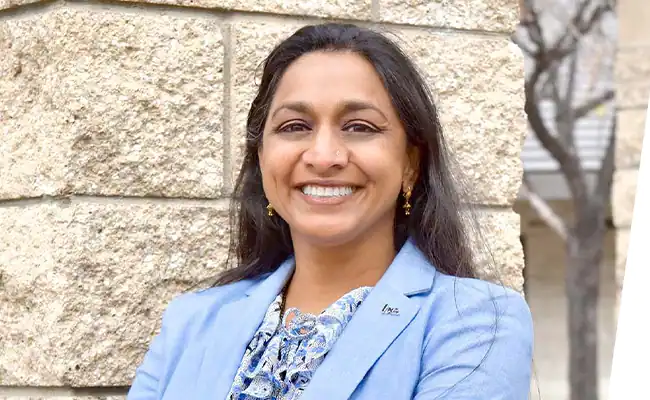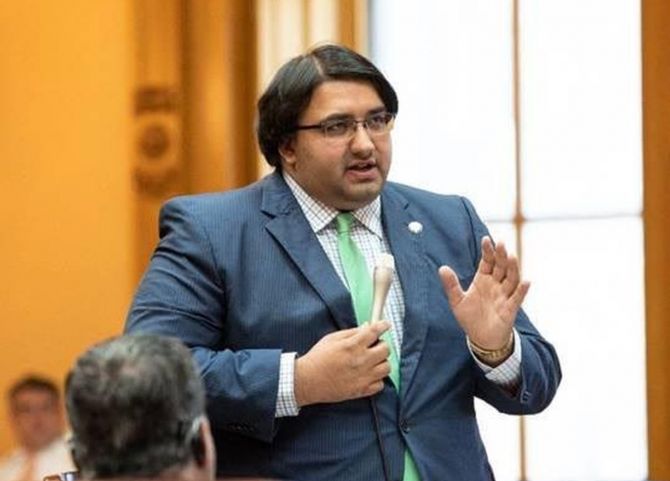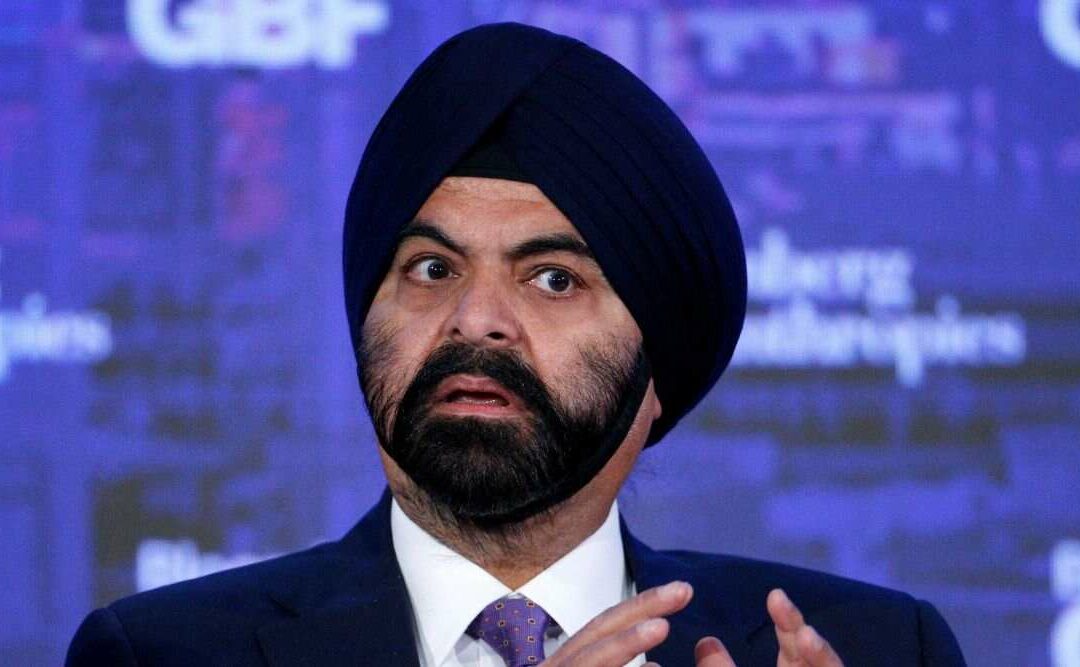US President Joe Biden on Thursday nominated Indian-American business executive Ajay Banga to become president of the World Bank, lauding his experience forging public-private partnerships to address financial inclusion and climate change.
The World Bank on Wednesday said it expects to select a new president by early May to replace David Malpass, who announced his resignation last week after months of controversy over his views on climate change and pressure by Treasury Secretary Janet Yellen for him to adopt “bolder and more imaginative” reforms.
Banga’s nomination by the United States all but assures he will assume a job that oversees billions of dollars of funding as the institution embarks on a major series of reforms to better respond to climate change and other pressing challenges facing developing countries.
“Ajay is uniquely equipped to lead the World Bank at this critical moment in history,” Biden said in a statement.
“He has spent more than three decades building and managing successful, global companies that create jobs and bring investment to developing economies, and guiding organizations through periods of fundamental change.”
Biden singled out Banga’s experience in bringing together public and private resources to tackle urgent challenges such as climate change, and said his background growing up in India gave him a unique perspective on how the bank could deliver on its dual goals of reducing poverty and expanding prosperity.
The bank has historically been headed by someone from the United States, its largest shareholder, while a European heads the International Monetary Fund (IMF), but developing countries and emerging markets have pushed to widen those choices.
Banga’s nomination is the first to be made public, but the bank will accept nominations from other member countries through March 29. Germany, another major shareholder, this week said the job should go to a woman since the bank has never been headed by a woman in its 77-year history.
A senior U.S. administration official said they did not know if other countries would nominate candidates for the post.
Asked about Washington’s decision to skip nominating a woman, the official said Banga had “a personal conviction and excellent track record promoting diversity, equity and inclusion in the work that he does” and would bring that view to the bank.
Raised in India but now a U.S. citizen, Banga, 63, is vice chair of General Atlantic, a U.S. private equity firm that has invested over $800 million in EV charging solutions, solar power and sustainable farming, and serves as honorary chair of the International Chamber of Commerce.
He retired in December 2021 after 12 years at the helm of Mastercard Inc, where he set a target of bringing 1 billion people and 50 million micro- and small businesses into the digital economy by 2025, and led work on climate, gender and sustainable agriculture.
He worked closely with Vice President Kamala Harris as co-chair of the Partnership for Central America, which has mobilized over $4 billion in public, private and non-profit funds to advance economic opportunity in Northern Central America.
Yellen said Banga’s experience at MasterCard and his work to deploy private capital into climate solutions would help him achieve the bank’s objectives of eliminating extreme poverty and expanding shared prosperity, while helping evolve the institution to better address climate change, prepare for future pandemics and mitigate the root causes and consequences of conflict and fragility.
“Mr. Banga’s track record of forging partnerships between the public sector, private sector, and non-profits uniquely equips him to help mobilize the private capital and press for the reforms needed to meet our shared ambitions,” she said.
That would enable the World Bank to serve “as a force multiplier for good” by catalyzing action from the wide range of players, she said, adding that the World Bank could not meet the massive needs of developing countries on its own.





